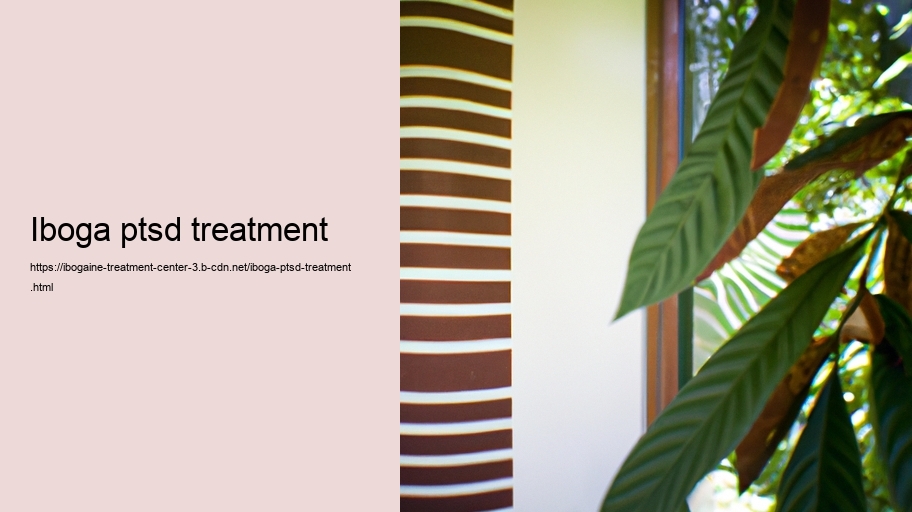Title: Iboga and Its Prospective Role in PTSD Treatment
Introduction
Post-Traumatic Stress Disorder (PTSD) is a debilitating condition that arises following exposure to traumatic events. Conventional treatments for PTSD include psychotherapy, medication, or a combination of both. However, not all patients respond well to these treatments, prompting the exploration of alternative therapies. One such alternative that has garnered attention is ibogaine therapy derived from the African shrub Tabernanthe iboga.
The Therapeutic Potential of Iboga
Iboga has been used for centuries by indigenous communities in West Africa for its psychoactive properties during healing rituals and initiation ceremonies. The active compound, ibogaine, affects various neurotransmitter systems within the brain, notably targeting opioid receptors and serotonin uptake pathways. These interactions have led researchers to investigate the drug's potential therapeutic effects in managing addiction and mental health disorders like PTSD.
Understanding PTSD
To appreciate how iboga might benefit those with PTSD, it's crucial to understand the nature of this disorder. PTSD can develop after experiencing or witnessing life-threatening events such as natural disasters, military combat, personal assaults, or severe accidents. Symptoms may include flashbacks, nightmares, severe anxiety, uncontrollable thoughts about the event, and emotional numbness.
Conventional Treatments vs. Ibogaine Therapy
Traditional treatments often focus on cognitive-behavioral therapy (CBT), which helps patients process their trauma and develop coping strategies. Antidepressants like selective serotonin reuptake inhibitors (SSRIs) are also prescribed to manage symptoms.
In contrast, ibogaine therapy proposes a different approach by facilitating an introspective experience that may help patients confront their traumatic memories in a controlled environment. Advocates suggest that this can lead to rapid improvements in emotional wellbeing and reduced dependency on substances often used by sufferers of PTSD as a form of self-medication.
Challenges and Considerations
Despite anecdotal success stories with ibogaine treatment for PTSD and addiction recovery, scientific research remains limited due primarily to its classification as a Schedule I substance in many countries including the United States—indicating no accepted medical use and high potential for abuse.
Furthermore, there are significant safety concerns associated with ibogaine treatment; it can induce intense psychedelic experiences which might be overwhelming or dangerous if not supervised by professionals in an appropriate setting. There is also a risk of adverse cardiac effects which necessitates thorough screening before treatment is considered.
Conclusion
While intriguing reports suggest that ibogain could offer new hope for individuals struggling with PTSD who have found little relief from traditional therapies; substantial obstacles remain before it could be widely endorsed or integrated into standard care protocols. In-depth clinical trials examining efficacy and safety are imperative to validate anecdotal claims while ensuring patient wellbeing remains paramount throughout any formification process involving this potent plant-derived substance.
As we continue our pursuit of effective interventions against complex psychological disorders such as PSTD; exploring innovative approaches remains essential - provided they are approached critically; respecting both scientific rigor ethical considerations inherent within psychiatric practice today.
